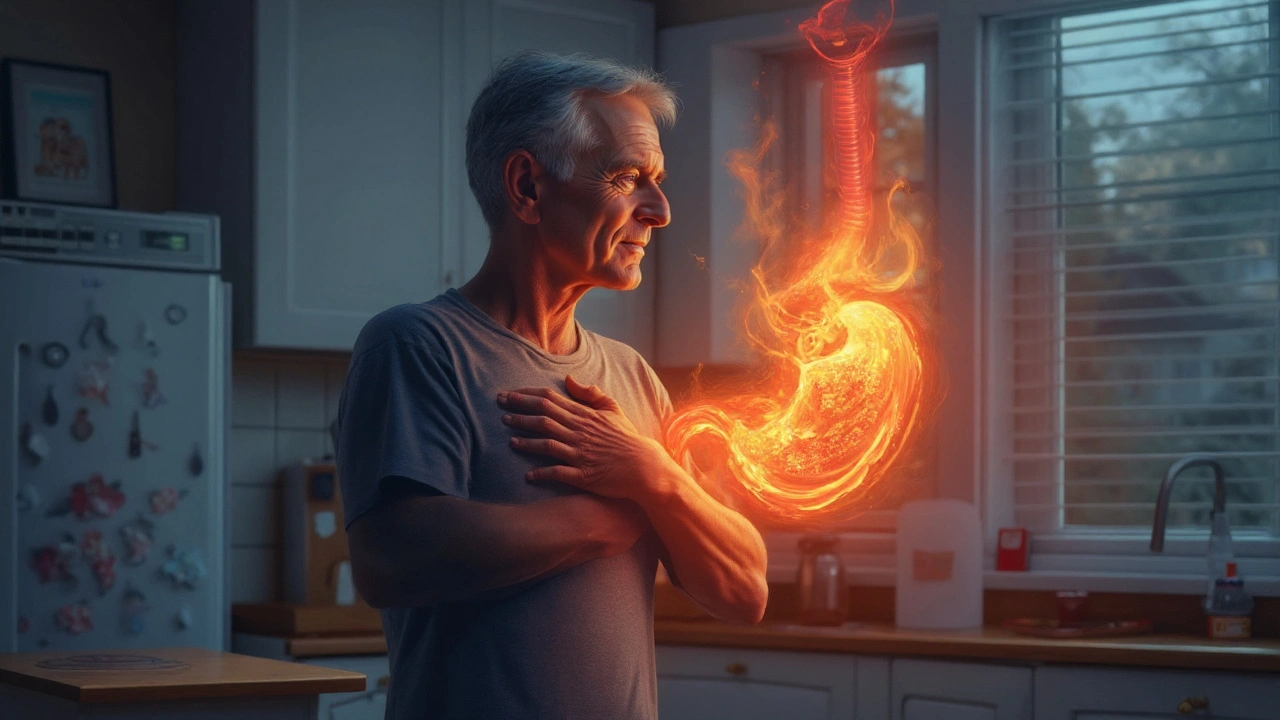Proton pump inhibitors, or PPIs, are drugs that lower stomach acid. They work by blocking the pump that makes the acid, so you feel less heartburn and your gut can heal. Doctors usually recommend them for GERD, ulcers, or when a doctor wants to protect the stomach while you take NSAIDs.
If you’ve tried antacids and still get a burning feeling, a PPI might be the next step. They’re strong, but they’re also meant for short‑term use unless your doctor says otherwise. Most people start with a low dose and see how they feel.
The market has several PPIs that work in a similar way. The most popular ones are omeprazole (Prilosec), esomeprazole (Nexium), lansoprazole (Prevacid), pantoprazole (Protonix), and rabeprazole (AcipHex). They all come in tablets or capsules, and some have a delayed‑release coating to protect them from stomach acid until they reach the right spot.
Most of these drugs are available over the counter in lower strengths, so you can try them without a prescription. If you need a higher dose or a brand‑name version, you’ll need a doctor’s note. The price difference isn’t huge, but generic versions like omeprazole are usually the cheapest.
PPIs are safe for most people, but they can cause issues if you use them for a long time. Common side effects include headache, mild stomach upset, and occasional diarrhea. More serious concerns involve low magnesium, vitamin B12 deficiency, and a slightly higher risk of bone fractures.
To keep problems to a minimum, take the medication 30 minutes before a meal and try not to skip meals while you’re on it. If you need a PPI for more than a few weeks, ask your doctor to check your blood levels and consider a break or a lower dose.
Finally, don’t mix a PPI with certain drugs like clopidogrel without checking with your doctor, because it can reduce the blood‑thinner’s effectiveness. Always let your pharmacist know about every medication you’re taking.
In short, PPIs are a solid tool for tackling excess stomach acid, but they work best when you use the right type, follow the timing tips, and keep an eye on any side effects. Talk to your healthcare provider if you’re unsure whether a PPI is right for you, and they’ll help you find the best fit.

Explore how Zollinger-Ellison Syndrome drives extreme acid production and why it often mimics or worsens GERD. Learn symptoms, diagnosis, treatment options, and practical tips for managing both conditions effectively.
View more